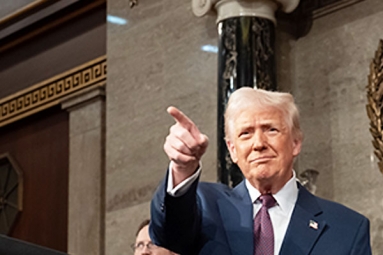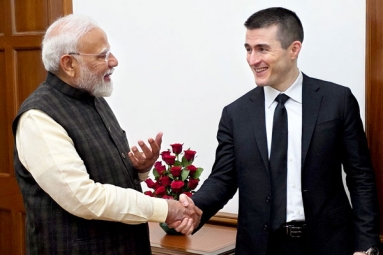F1 Students Contributed $39 Billion to U.S. Economy During 2017-18: Study
June 04, 2019 10:46
A new immigration policy release shows that F1 or international students not only enhance American innovation and productivity but also add to the country’s economy.
In the academic year 2017-18, international students contributed $39 billion to the United States economy and supported 455,000 jobs. For every seven international students enrolled in the U.S. universities, three American jobs are created. These are the findings of a just-released immigration policy brief by the Niskanen Center, a Washington, DC, -based non-partisan think tank, which highlights the importance of F1 students for the economic, academic, scientific and technological advancement in the United States.
An F1 visa is a non-immigrant visa granted to those who wish to study in the U.S. Any student who wants to enroll in an American university, college, school, or any academic institution must apply for an F1 visa.
The study throws an important spotlight on the benefits of F1 visas at a time when the White House planning to change the criteria regarding international students’ length of stay and continuing to make it harder for F-1 holders to stay in the country after their graduation.
The findings of the brief, titled “Recruiting, Retaining and Capitalizing on International Students at U.S. Universities,” are particularly interesting in the current times, when the Trump administration’s toughening immigration policies are having a negative impact on international students.
A data of UNESCO from 2015 revealed that the United States remained the topmost destination for international students from around the world. The data also revealed that China, India, and Korea are the topmost countries that send their students to study abroad.
In fact, in 2016, the three nations accounted for 54 percent of all newly enrolled students in the country. The rise of foreign students in the U.S. doubled after the Great Recession.
The Niskanen Center, which promotes a social order that is open to political, social and cultural change, the study also reveals that foreign students make college more affordable for native-born students by paying out-of-state tuition. Much of this revenue goes toward scholarships and financial assistance for native-born students.
The brief also says that international students bolster U.S. academic programs. It quotes a February 2019 survey from The Council of Graduate Schools, which revealed that the new international enrollment declined through the previous two fall admission cycles. The international enrollment dipped by 16 percent during 2017-18. In 2018, 49 percent of the U.S. universities reported a decline in international enrollments. And the top reasons for this drop were visa delays and the Trump effect.
By Sowmya Sangam










